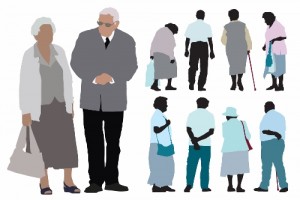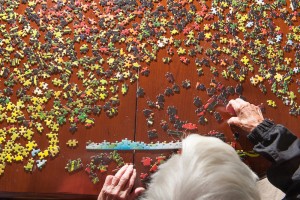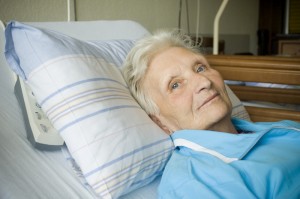Aging - Who Are Former People?
There’s a little quip that I’ve heard in senior communities that goes something like this; “I’m looking for Mrs. B., can you tell me what she looks like? “Yes, she’s the one with gray hair and glasses!” Not that original, really, but you get the picture. I’ve often been struck with profound awareness when I enter the dining room of a nursing home. At first glance it looks like a sea of gray heads and everyone sort of blends together. The quip suggests these old folks all look alike so they are alike and have morphed into some other kind of creature. At what point do we become one of “them”? I have a psychologist friend who counsels young children. She once told me that she’s effective because she doesn’t talk down to the kids or treat them as “pre-people”. Something about her comment rings true and, by comparison, I think we live in a society that views our aging population as “former people”. When do we lose our individual identity and become a former person?





